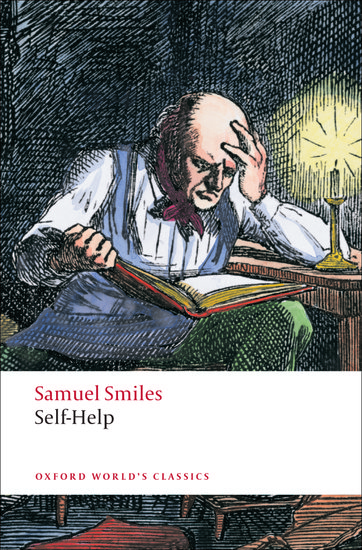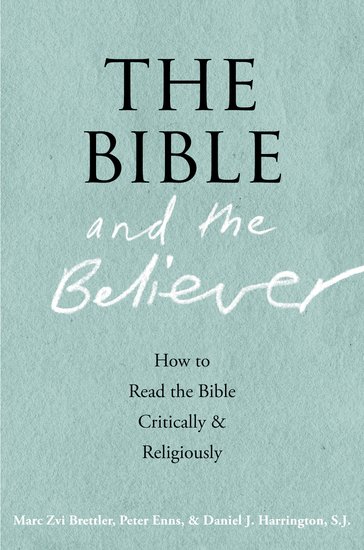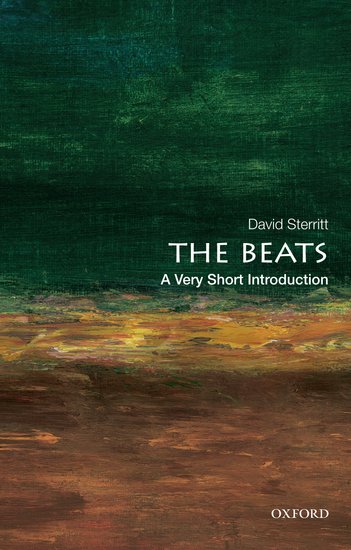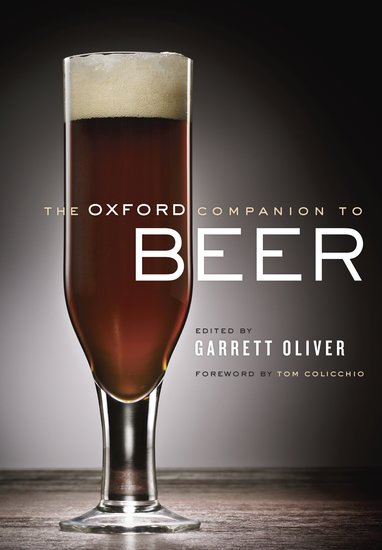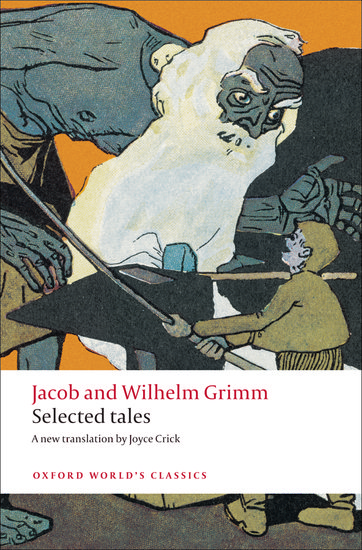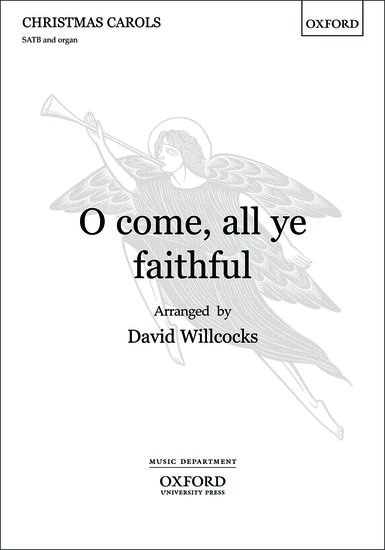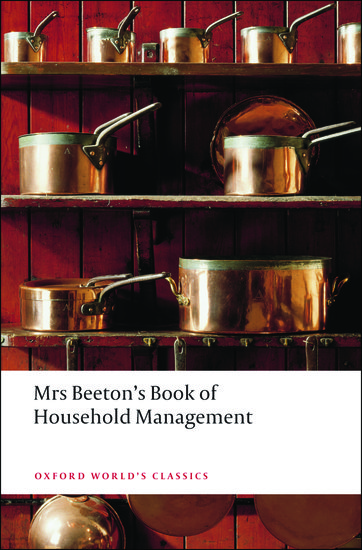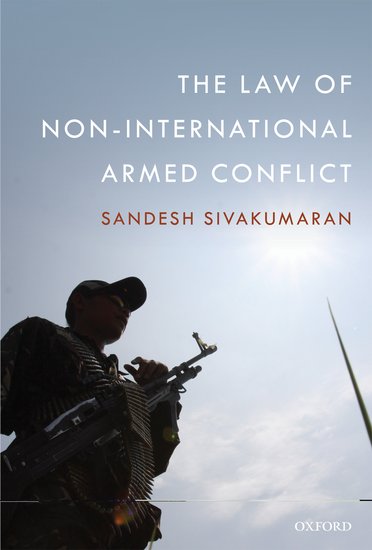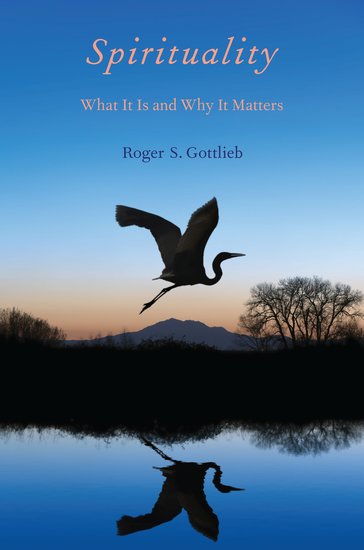Self-help isn’t what it used to be
By Peter W. Sinnema
Self-help isn’t what it used to be. At least, its early renditions were cast in a style alien to the contemporary ear. The concept was first named (and voluminously expounded) by Samuel Smiles in his 1859 best-seller, Self-Help: With Illustrations of Character, Conduct, and Perseverance. Erstwhile apothecary, railway secretary, newspaper editor, and biographer, Smiles’ birth in Haddington, Scotland marks its bicentennial on December 23.

